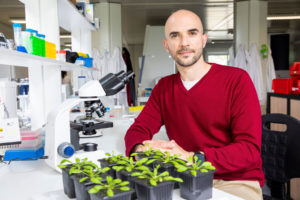
Fresh off a funding round, Micropep discusses the promise of peptides for crop protection products
After closing a $40 million Series B, Micropep now looks to bring its crop protection products based on micropeptides to market.

After closing a $40 million Series B, Micropep now looks to bring its crop protection products based on micropeptides to market.
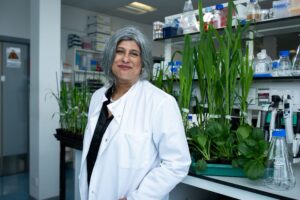
SOLASTA Bio says its biopeptide products perform “as effective or better than standard insecticides.”

Invaio and Peptyde Bio will be able to speed up development of and access to reliable, more sustainable crop protection.

The French startup is aiming to have its first biofungicide product on the market within the next three years.
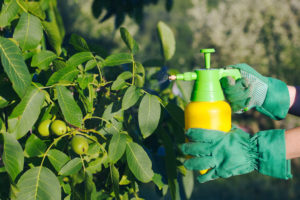
“We have additional insecticide candidates at earlier stages in our pipeline, as well as our first fungicidal candidates,” CEO Anna Rath tells AFN.

The Series B funds will be used to scale up the Irish company’s platform, which aims to unlock additional health benefits for food and beverage products.

The Toulouse-based startup has developed technology that can enhance favorable genetic traits in crops without the need to tinker with their DNA.
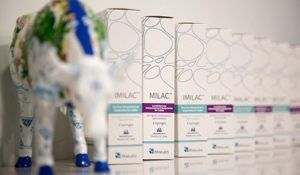
Bovine mastitis is a major financial and welfare problem for dairy farmers, but standard antibiotic treatments are increasingly controversial.

Vestaron wants farmers to know that its peptide-based products are different from existing microbial products, offering more consistent efficacy with the same environmental benefits.

The ROI for customers is “about reducing food waste, opening up new markets, and having food that is fresher and tastier,” says the Singapore-based startup.

Both candidates could have far-reaching impacts on the food industry, from Trump’s plans to let RFK ‘go wild’ on food & health to Harris’ proposal to increase the corporate tax rate.

“Put it this way,” says Kevin Helash. “If you’re trying to fund an eight-year regulatory process with investors who have a window of five years, there’s a disconnect there.”

“Now we’ve got a much more structured approach and good clarity on our verticals (gene editing, ag biologicals, tech platforms, decision science), we feel comfortable making investments early,” says Dr. Tom Greene.

Cultivated meat advances in S. Korea while the US sees more legal battles for plant-based meat labeling.

Plus: The “regenerative” versus “organic” debate rages on.
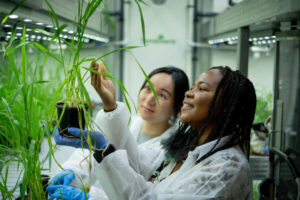
New funds will go towards commercializing Catalera products and building out the product development pipeline.

Expect fewer agtech-specific funds, more corporate involvement and lots of generative AI.

Widespread usage of GLP-1 drugs will have a profound impact on the food industry, predicts Wegovy user and founder of Sweden Foodtech Johan Jörgensen.
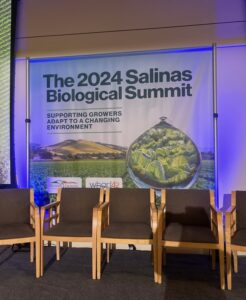
Challenges for the biologicals sector right now include dispelling a number of myths still prevalent in the industry.

Adapting to a changing environment while supporting growers is the over-arching theme of this year’s Salinas Biological Summit.

Sponsored
Sponsored post: The innovator’s dilemma: why agbioscience innovation must focus on the farmer first